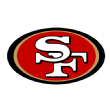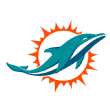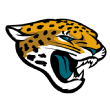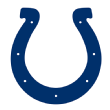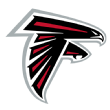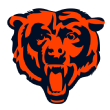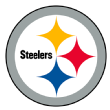Payton and wife Skylene Montgomery before Loyola University's 2022 commencement ceremony. Payton delivered the commencement address and Montgomery received her Master of Science in Nursing degree. @JeffDuncan_ /Twitter
"I feel like I'm good," he says a little later.
He doesn't mean it in a religious sense. He means it in relation to his scars. He has lived life. He has screwed up and has been screwed. He has won and lost football games. And his kids are happy and healthy. He is going to do everything in his power to be on stage with Goodell, not to slay his enemies but so that this time he can give the speech he delivered to us randoms at the Intercontinental the right way, the way it should be.
ALMOST TWO MONTHS after our round of golf, Payton is sitting in his office in Denver, overlooking practice fields. A joint session with the Rams just ended. He's in a bad mood and trying to compartmentalize, distracting himself with meaningless tasks. The problem with being the lone device for turning a losing team into a winning one is that you have to deliver. The pressure is on, externally and internally. He knows he has rubbed some in the building the wrong way, and he's trying not to care but does, somewhere inside. Sometimes it makes him laugh, sometimes it bothers him, how hard it is to narrow the gap between the truths he knows and how he acts. The other day he got home when the rest of Denver was asleep and turned on the television, needing an hour of a show to turn off his mind.
"You never talk about your day," Skylene said.
"It's just training camp," Payton replied.
Only it's not. The Broncos will open the
season with two home games. Payton has spent a lot of time thinking about those games. If they lose them, if they stumble in September, if this thing goes south ... well, he knows his mood might blacken so dark that it's atmospheric. He speaks of when the Broncos will win the Super Bowl, not if. His contract is for five years. But he often thinks back to how essential it was that he started 3-0 in New Orleans, converting the skeptics. If he wants a chance at a jump ball, he has to earn it.
He opens a brand-new glasses case.
"Why do I get excited about a new pair of readers?" he says.
He puts them on. "Are they orange?" he asks his assistant, Paul Kelly.
"Yeah," Kelly says.
Payton and Wilson watching Game 5 of the Denver Nuggets and Phoenix Suns' NBA Western Conference semifinal game in May. AP Photo/David Zalubowski
Payton scans his desk. One of his to-do items involves a call to the league office. He's feeling feisty and asks that what follows remain off the record. The matter was trivial but revealing. Nothing is too small for Payton when he's in this frame of mind. He feels suspicious about this issue between him and the league, singled out, so he sits at his desk and calls New York. He gets voicemail. He spent less than a minute on it, but it had nothing to do with winning or losing football games.
"How's that square with avoiding land mines?" I ask.
He puts down his phone, tilts his chin and stares out the window. Then he looks back at me, and I wonder whether he's going to throw me out of his office. His face isn't full of irritation but something gentler, the look of someone exposed.
"Well," he says with a smile, "I guess sometimes I look for land mines."
HE TILTS HIS chair back toward the flat-screen on the wall, finding it hard to believe anything but the worst of his team. He knows himself well enough to realize that this emotion will pass, part of a process. He hopes. He turns on film of practice, as people filter in and out of his office. Broncos GM George Paton, to chat about roster stuff. Various assistant coaches, clarifying teaching points. The mayor of Denver, Mike Johnston, wearing a massive Broncos belt buckle and telling stories of how his father woke him up as a kid to tell him about the trade for Elway. The city has hope again. Finally, Payton makes it clear that visiting hours are over. He closes his door, draws the shades. He pulls out a yellow legal pad and kicks his feet up.
"All right," he says. "I'm going to be pissed off watching this."
Two hours pass in which he utters only disparate thoughts, 10, 20 minutes apart ...
Hell of a throw by Russ ... Horrible route ... What are we doing ... I hate this. Clicking through plays, rewinding over and over and over. The Rams seemed more invested than the Broncos, in the outcome and in one another. They jump and yell after a big play. The Broncos are flat. He's frustrated about pre-snap penalties and that the receivers aren't blocking downfield on screen passes, killing any chance of a big gain.
Payton pauses between postgame conversations and scans the field after a Broncos preseason game. Stephen Speranza for ESPN
What troubles him more is something he sees on film but isn't sure how to fix: It's that the Broncos, after a bad play, are discouraged on the snaps that follow. They can't forget. Few of the Broncos players know what it's like to win in the NFL, at least as a member of this club. It doesn't take much to slide -- and to blame others. The other day, he told the players that no referee has ever picked up a flag because someone yelled at them. He was speaking to himself as much as the team, hoping it sinks in for both.
He writes in all capital letters on his pad:
PEN. PRESNAP
4 OFFSIDES DEF
4 FALSE START OFF
1 FALSE START ST
9 TOTAL!!
He walks out of his office, and into a team meeting. The room quiets when he enters. He's at the front, looking out on the players, his tone urgent but diplomatic. He shows some slides, detailing the Broncos' pre-snap penalties last year. "Let's not lose track of the part about knowing how to win first," he says. "We've gotta fix that."
He then shows plays from today's practice, of mental errors and lack of effort, and his calm evaporates. He starts to simmer. "You false-start, I'm pulling you out. Take a lap around the whole f---ing complex. ... It's not just one group. There is an amount of mental discipline in playing this game. I don't want to be first-and-15, honestly. I don't. And I don't want to be second-and-3 and then become second-and-8; we had a helluva run nullified."
He turns on film of successful screen passes from the Saints, the best of his past. The footage is grainy. One of the screens is from the NFC Championship Game in 2009, with the Super Bowl on the line, during the purity of the rise. His mood seems to lift as he talks, his artwork on display. "They're all touchdowns. But they're not accidentally f---ing touchdowns."
Ten minutes later, Payton walks back to his office. He hasn't eaten dinner, and the cafeteria is closed. He has a soda on ice and a clicker in his hand. The league office still hasn't returned his call. He decides to let it go. Tomorrow's practice is better. Two nights later, the Broncos beat the Rams 41-0, a meaningless win that feels vital. Afterward, he gets ready to look at some film. Lights are down and candles are lit. He looks at a framed letter from Parcells on his office desk, written after the Saints' Super Bowl win all those years ago. Four words in all caps in the old coach's hurried handwriting: "SUCCESS IS NEVER FINAL."
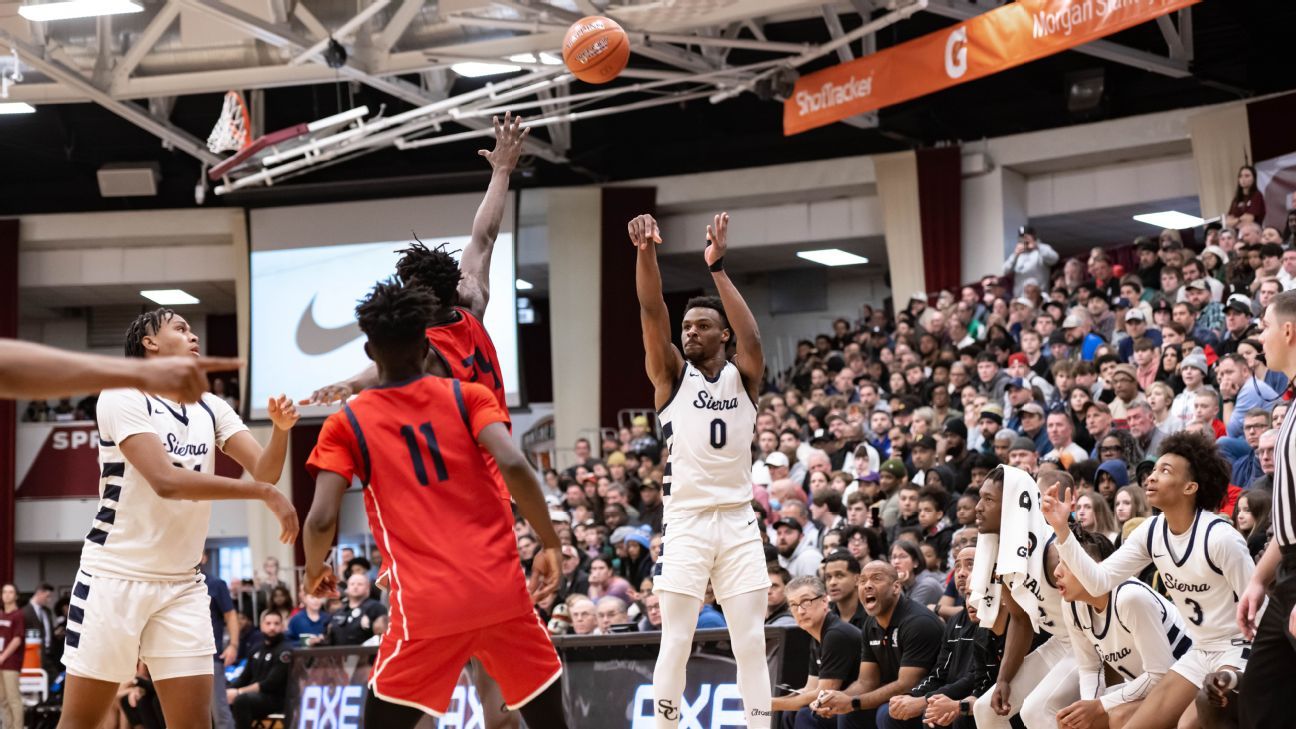
www.espn.com



















